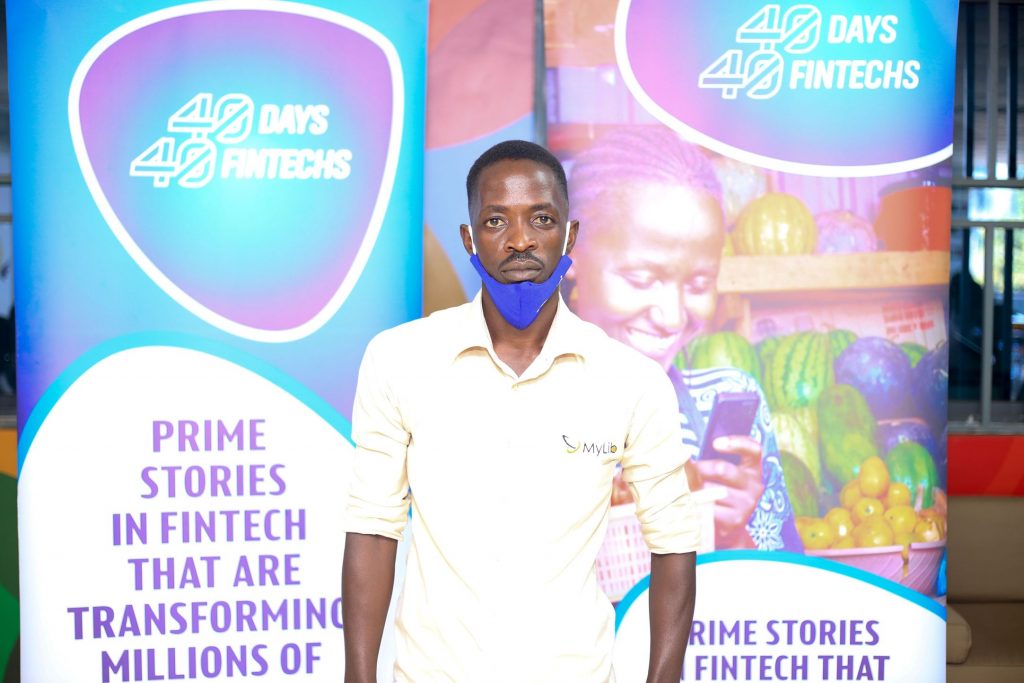
While education experts in Uganda put the ideal teacher-pupils ratio at one teacher to 53 pupils, most schools have three times the number, a condition that is straining Uganda’s education system.
This brings about a problem for both teachers and learners, as slow learners are always left behind because teachers have a huge workload that hinders them from giving attention to the slow learners.
However, having gone through the system and not wanting his children and future grandchildren to go through a similar challenge, Andy Mugerwa set out to innovate a product that would allow primary school pupils to revise on their own in an interesting and live way.
Dubbed MyLib, the platform offers an interactive digital curriculum for primary school pupils, using animations and illustrations.
According to Mugerwa, it uses a blended learning approach that combines face-to-face instruction with computer-mediated instruction, which offers visual avenues to learning irrespective of rural and urban school locations.
“From our background, we all know the challenges we went through in our primary schools. So MyLib came to address education challenges for primary pupils,” Mugerwa said.
The platform offers several features including Content, multimedia and assessments, among others.
According to Mugerwa, MyLib content is tailored to suit Uganda’s local primary curriculum following guidelines and recommendations from National Curriculum Development Center while the multimedia presentation offers captivating animations and illustrations, which make learning fun and memorable.
“We know the needs of a Ugandan pupil because we are Ugandans. We are making primary revision and education interesting, more practical and accessible by as many people as possible,” he said.
Work offline
MyLib also allows users to work offline as they can download your lessons and access your content anywhere at anytime without extra data costs. It also offers assessments which help keep the learners engaged with over 240 practice exercises and over 4200 questions. Additionally, one can track the progress of their children with instant reports.
Among its key advantages are saving on time and money as learners can access content anywhere and anytime.
Additionally, Mugerwa said it leads to better retention because the whole learning process is entertaining and engaging, it is scalable and allows learners to choose their learning path and navigate at their own pace.
The MyLib platform is integrated to digital payment platforms such as mobile money to enable easy payment and access to the content.
Established in 2007, the company has to date served over 3,000 customers.
MyLib is one of the firms participating in the 40-days-40-FinTechs initiative, a project that seeks to enable Financial Technology companies innovate solutions to facilitate cross-network financial transactions at minimal risks to enhance access to financial services.
“We are happy to be part of the 40-days-40-FinTechs. We are not a FinTech but our commercialisation is helped by financial technology. As such, discussions around interoperability and latest technologies such as Mojaloop are exciting to us,” Mugerwa said during an interaction with the HiPipo 40 days 40 fintechs team.
Running for 40 days, the project will see the participating companies acquire interoperable development skills to improve access to financial services, using latest technology such as the Mojaloop open source software.
The initiative is being organised by HiPipo, in partnership with Crosslake Tech, ModusBox and Mojaloop Foundation.
The HiPipo CEO Innocent Kawooya said: “I am happy to interact with MyLib. Just like HiPipo, MyLib has been here for over a decade. I was privileged to be part of the team that advised on how to make MyLib better.
“As a developer, I offered Andy and his team some contribution on an idea they were already working on. We have kept in touch and always interact and discuss how to improve these platforms.”
He said that HiPipo thrives to enhance digitalization, financial inclusion and overall betterment of the communities.
